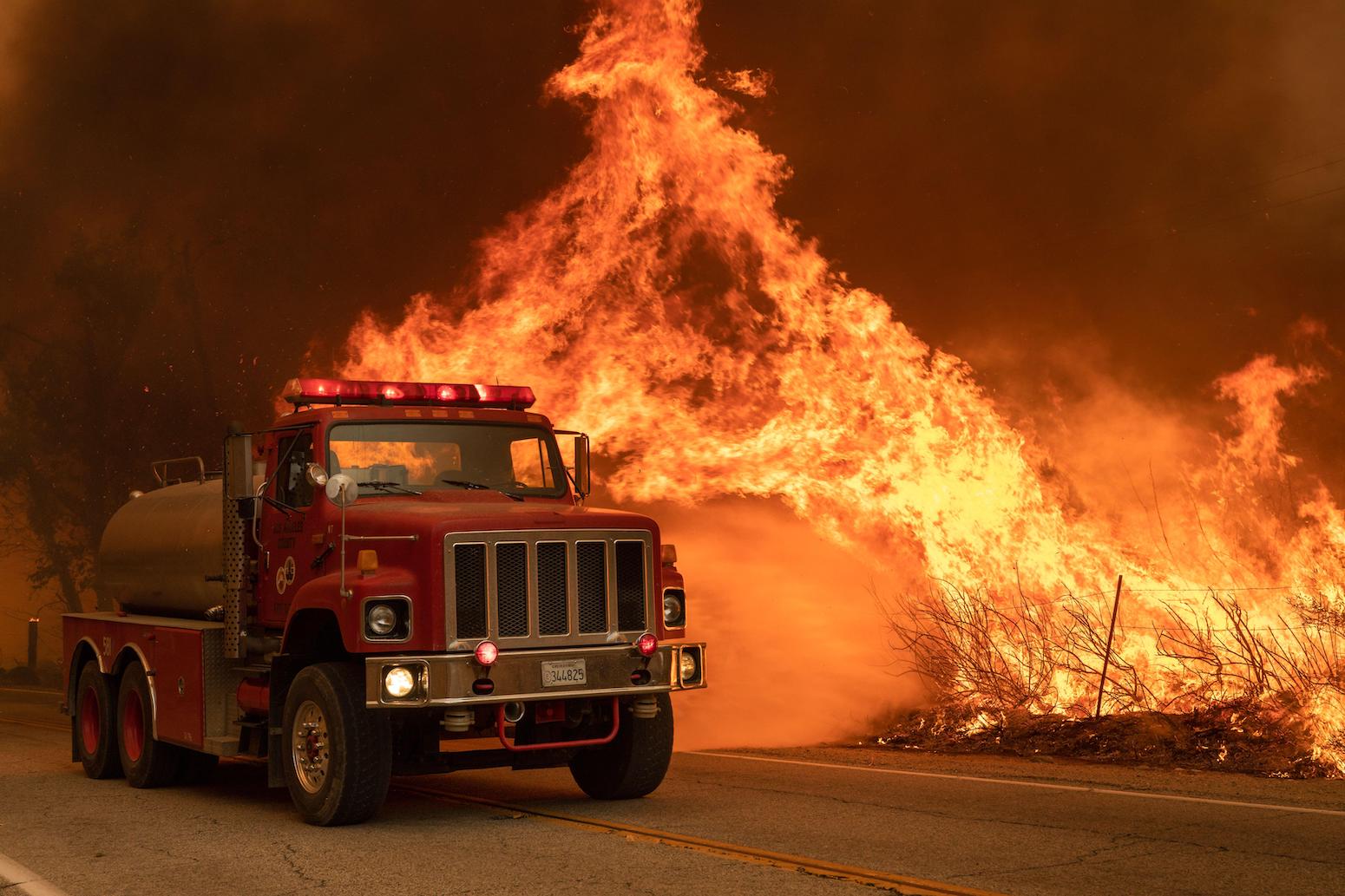In other words, “I lied by omission, in a classic case of noble cause corruption.”
Follow the science.
Into the abyss.
I’m actually shocked that he had the integrity to come right out and admit this. Good for him. He’s not saying anything that the more well-informed of us didn’t already know, but the fact that this will generate discussion over the amount of overt corruption (which they hardly even bother trying to hide anymore) in the peer review process is a definite bonus.
A new study by a team of mostly San Francisco Bay Area scientists that found human-caused climate warming has increased the frequency of extremely fast-spreading California wildfires has come into question from the unlikeliest of critics—its own lead author.
Patrick T. Brown, climate team co-director at the nonprofit Breakthrough Institute in Berkeley and a visiting research professor at San Jose State University, said his Aug. 30 paper in the prestigious British journal Nature is scientifically sound and “advances our understanding of climate change’s role in day-to-day wildfire behavior.”
But Brown this week dropped a bomb on the journal—as well as his study’s co-authors who are staunchly defending the team’s work. In an online article, blog post and social media posts, Brown said he “left out the full truth to get my climate change paper published,” causing almost as much of a stir as the alarming findings themselves.
Brown wrote that the study didn’t look at poor forest management and other factors that are just as, if not more, important to fire behavior because “I knew that it would detract from the clean narrative centered on the negative impact of climate change and thus decrease the odds that the paper would pass muster with Nature’s editors and reviewers.” He added such bias in climate science “misinforms the public” and “makes practical solutions more difficult to achieve.”

 phys.org
phys.org
Follow the science.
Into the abyss.
I’m actually shocked that he had the integrity to come right out and admit this. Good for him. He’s not saying anything that the more well-informed of us didn’t already know, but the fact that this will generate discussion over the amount of overt corruption (which they hardly even bother trying to hide anymore) in the peer review process is a definite bonus.
A new study by a team of mostly San Francisco Bay Area scientists that found human-caused climate warming has increased the frequency of extremely fast-spreading California wildfires has come into question from the unlikeliest of critics—its own lead author.
Patrick T. Brown, climate team co-director at the nonprofit Breakthrough Institute in Berkeley and a visiting research professor at San Jose State University, said his Aug. 30 paper in the prestigious British journal Nature is scientifically sound and “advances our understanding of climate change’s role in day-to-day wildfire behavior.”
But Brown this week dropped a bomb on the journal—as well as his study’s co-authors who are staunchly defending the team’s work. In an online article, blog post and social media posts, Brown said he “left out the full truth to get my climate change paper published,” causing almost as much of a stir as the alarming findings themselves.
Brown wrote that the study didn’t look at poor forest management and other factors that are just as, if not more, important to fire behavior because “I knew that it would detract from the clean narrative centered on the negative impact of climate change and thus decrease the odds that the paper would pass muster with Nature’s editors and reviewers.” He added such bias in climate science “misinforms the public” and “makes practical solutions more difficult to achieve.”

Scientist says he 'left out the full truth' to get climate change wildfire study published in journal
A new study by a team of mostly San Francisco Bay Area scientists that found human-caused climate warming has increased the frequency of extremely fast-spreading California wildfires has come into question from the unlikeliest of critics—its own lead author.




